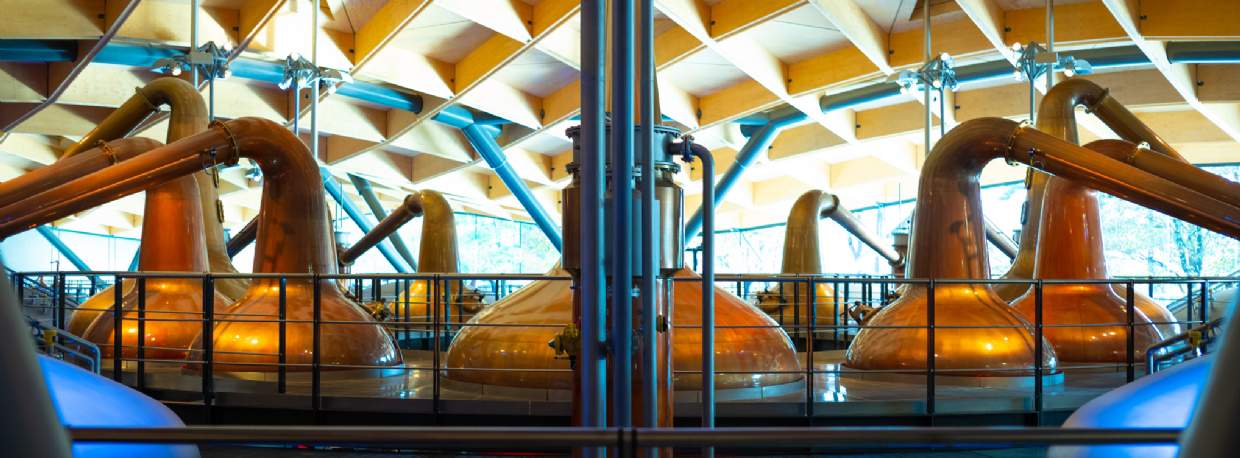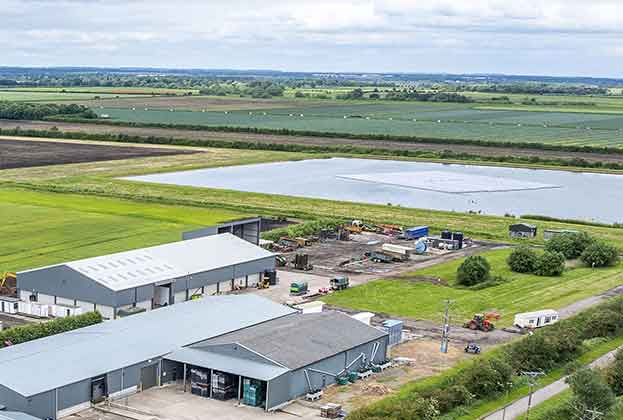With its natural resources, engineering innovation and research and development opportunities, Scotland is positioned as having one of the most suitable ecosystems for a hydrogen economy in Europe. It is envisaged that hydrogen will play a key role in decarbonising Scottish industrial clusters, will support the just transition in high-emission sectors and provide opportunities for the islands and rural communities. The Scottish Government has set out an ambition to produce 5GW (equivalent to 1.3 billion kilograms of hydrogen per year) of clean hydrogen by 2030 and 25GW by 2045 as part of the nation’s desire to reach net zero greenhouse gas emissions by 2045. To achieve this, Scotland is pioneering over 50 renewable and low carbon hydrogen projects spanning generation, storage, transport and heating.
A replacement for natural gas?
Hydrogen has been identified as an effective low-carbon energy carrier that has the potential to replace natural gas and facilitate the anticipated increase of renewable power generation in the future energy mix. Its ability to act as an energy vector, storing surplus renewable energy at times of excess renewable energy generation, making it a suitable option for long-duration energy storage. However, there are viable alternatives to hydrogen that make the energy storage business case and utilisation in certain industries such as short haul transport, not as competitive. Instead, hydrogen’s unique decarbonisation potential arises where there are few valid alternatives to reduce the associated emissions. While hydrogen is mainly used as a chemical feedstock for producing ammonia (fertiliser) and methanol, it also has the potential to replace natural gas as an industrial input, particularly for processes that require high temperatures and that are difficult to electrify.
Hydrogen and whisky distilling
Take, for example, the distilling sector, which accounts for a significant proportion of Scotland’s industry and like many, faces increasing pressure to decarbonise. However, there are several challenges in doing so due to the large energy demands dominated by high heat production requirements. At most distilleries, this heat demand is entirely satisfied by steam produced in natural gas boilers. Whiskey distilling alone contributes more than 500,000 tonnes of CO2 emissions per year. This forms approximately 1.2 per cent of Scotland’s total annual emissions.
The nature of heat demand in the distilling process can be highly variable, peaking at various stages of production. Replacing natural gas with the combustion of hydrogen is a viable alternative to meet these sudden variations in steam demand. Conventional boilers can typically utilise gas blends of up to 20 per cent by volume of hydrogen without any modification. Blends with a greater concentration of hydrogen will require retrofitting with a hydrogen-compatible boiler. According to a report by Scottish Enterprise, boilers capable of receiving 100 per cent hydrogen have a 22 per cent higher capital expenditure than a natural gas boiler of the same capacity. However, costs are expected to decrease in response to their increased roll out in anticipation of the phase out of fossil fuels.
Significant interest has already been shown by distilleries in adopting hydrogen, such as those involved in the North of Scotland Hydrogen Programme at the Cromarty Firth and those allocated funding in the Green Distilleries Competition rounds. For distilleries with sufficient land availability for renewable energy generation, on-site hydrogen production and access to a sustainable water resource, there is a significant opportunity to contribute to the sector’s journey to achieving net zero.
A template for further decarbonising industry in Scotland
Whilst no one fuel or technology will be the solution to decarbonising industrial processes in Scotland, hydrogen has great potential to facilitate a low carbon energy system. Hydrogen’s growing application in the distilling sector can serve as a model for other nationally important industries associated with high heat demands.
Further information
Contact Georgia Taylor

.jpg)







.jpg)
.jpg)